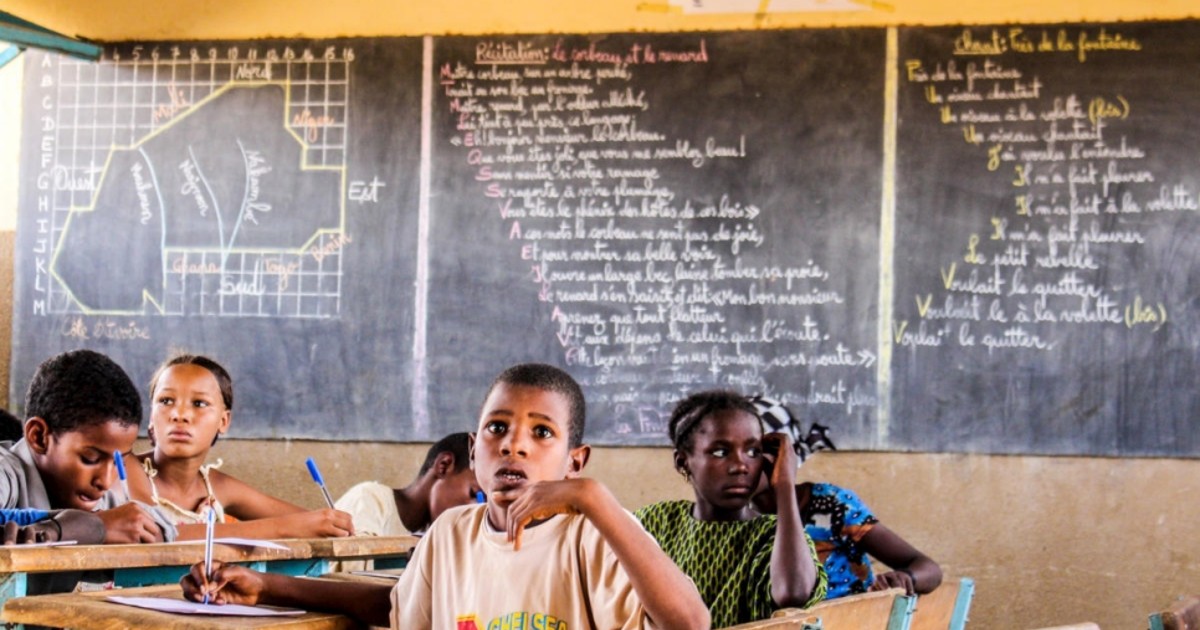Some of the proposed targeted countries for the initiative include Benin, Egypt, Ethiopia, Iraq, Gambia, Guinea, Haiti, Kenya, Lebanon, Morocco, Rwanda, and Senegal, among others.
The Education Above All (EAA) Foundation collaborated with the Agence Française de Développement (AFD) and Silatech in a financial commitment of up to $70 million, to address the challenges faced by over 280,000 out-of-school children and youth, focusing on climate change education and creating employment opportunities for 150,000 young people across 25 countries in the next five years.
The alliance seeks to make a substantial impact on education, climate action, and employment opportunities across Africa and Asia.
Through the partnership, EAA Foundation, Silatech, and AFD will support financing opportunities for out-of-school children, advocate for the protection of education from attacks, provide climate change education, and facilitate the employment or self-employment of youth through job placement and enterprise development in developing countries across three continents.
Proposed targeted countries include Benin, Burundi, Cameroon, Central African Republic, Chad, Comoros, Democratic Republic of Congo, Djibouti, Egypt, Ethiopia, Iraq, Gambia, Guinea, Haiti, Kenya, Lebanon, Liberia, Madagascar, Mauritania, Morocco, Rwanda, Senegal, Togo, Tunisia, and Uganda.
“We believe that education is a fundamental right that every child deserves. Through this partnership, we are taking a giant leap towards ensuring quality education for all, leaving no child behind. Together, we will create a world where every child can learn, grow, and fulfil their dreams,” said Fahad Al Sulaiti, the CEO of EAA.
“Through innovative and effective solutions, we are committed to addressing the pressing challenge of youth unemployment, enabling young people to unleash their true potential and fulfil their aspirations,” Hassan Al Mulla, CEO of Silatech, said.
The alliance “concretely sets concessional co-financing objectives for the countries, which need it most, on two pressing issues for developing countries: access to education and youth employment,” according to Marie-Hélène Loison, deputy CEO of AFD.
The agreement casts a spotlight on the importance of multi-stakeholder partnerships in supporting developing nations and achieving the United Nations Sustainable Development Goals, particularly SDG 4 (Quality Education), SDG 8 (Decent Work and Economic Growth), and SDG 13 (Climate Action).







